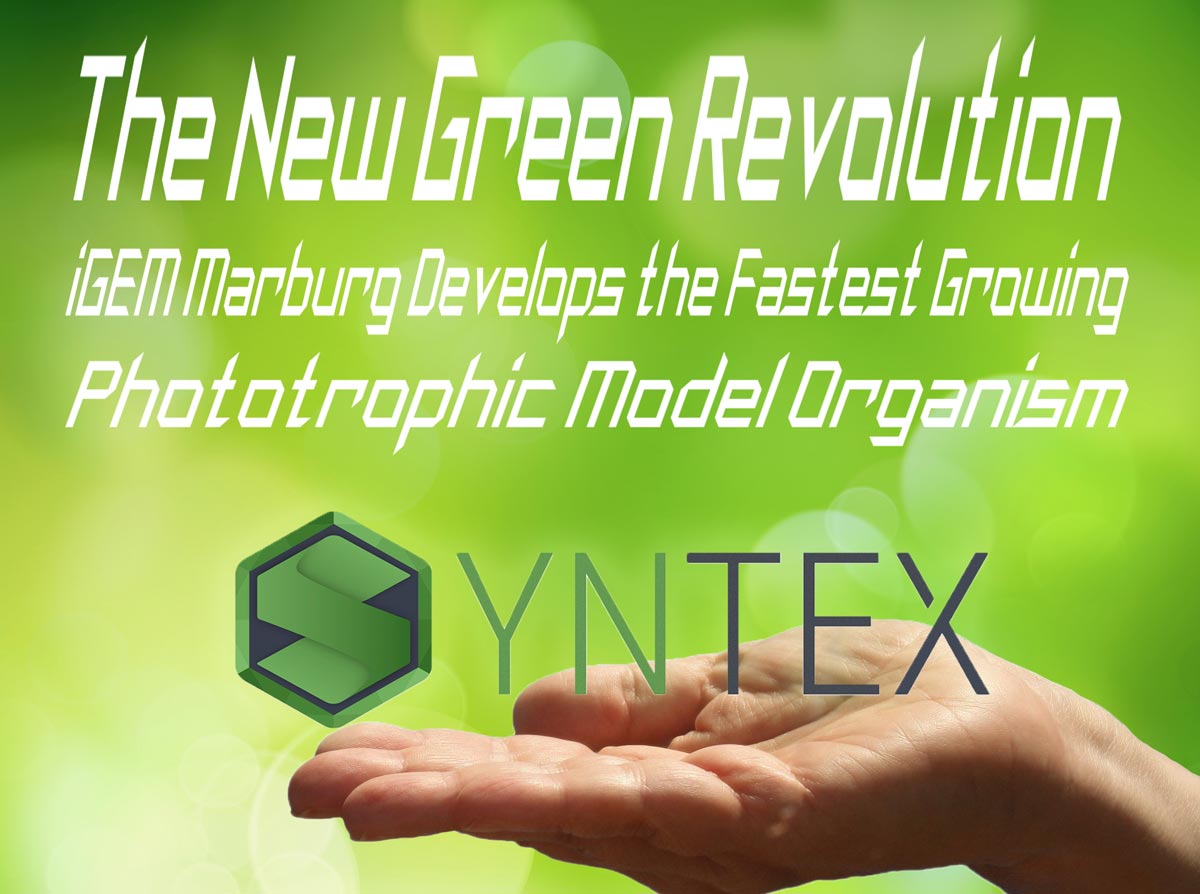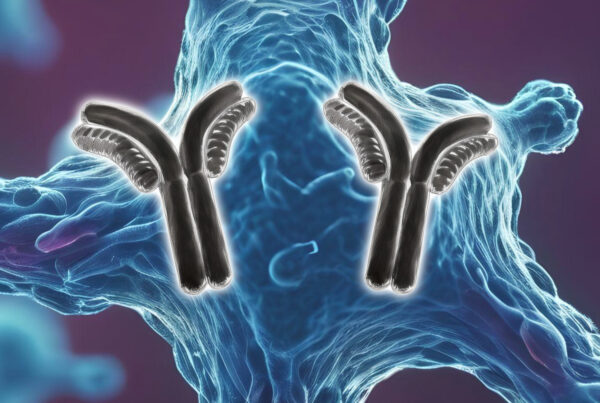But what does the next generation of scientists, the current students, think about the important trends in life sciences? What projects are they interested in?
Enter the prestigious international Genetically Engineered Machine (iGEM) competition.
What is iGEM?
iGEM is a worldwide competition in the field of synthetic biology. Teams of young scientists compete with each other by working on projects to push the boundaries of synthetic biology and technology in order to find creative and innovative solutions for issues that the world faces every day.
After iGEM’s founding in 2003 at the renowned Massachusetts Institute of Technology, the number of teams that participate in the competition grew quickly from 5 to more than 300… 300 teams from more than 40 countries! From 31st October until 4th November 2019, the winners of the competition are selected during the “Giant Jamboree” in Boston, USA.
But first we would like to introduce some European iGEM teams and their fascinating and future-oriented projects.
The first team is from Dresden University of Technology – iGEM TU Dresden 2019 – and has two projects:

1. “Sweet Spirulina” aims is to produce miraculin, a low caloric sugar substitute, in Spirulina and establish new standards for the engineering of Spirulina. Read more about the Sweet Spirulina project.

2. “DipGene” aims to develop a tool for detecting any nucleic acid sequence of interest in microbial samples and human cells with gene-sensitive paper-strips. Read more about the DipGene project.
The second group is the iGEM Team Düsseldorf
They aim to synthesise cow’s milk by heterologous expression of cow’s milk components in microorganisms and simultaneously reducing greenhouse gas. Read about their project called Milk 2.0 is here: SynMylk – Carbon Efficient, Tasty and Produced in the Lab.
The next group is the iGEM Team “Syntex” from Marburg 2019
They aim to develop a new fast-growing model organism that is easy to genetically modify with CRISPR: Synechococcus elongates. Read more about their project The New Green Revolution – iGEM Marburg Develops the Fastest Growing Phototrophic Model Organism
The next group is the iGEM LMU & TU Munich Team
The team designs a platform for minimal-invasive in vivo cell monitoring to check viability and functionality of cells in long-term without invasive interventions. Read more about their project The Future of in vivo Cell Monitoring.
The next group is the iGEM Team Bielefeld-CeBiTec 2019
The team develops a cell death inducing system containing Cas13a that is based on a phage as delivery system to fight eukaryotic pathogens. Read more about their project Troygenics – the Trojan Horse Tactic Against Eukaryotic Pathogens.
The last group that is featured in the iGEM series 2019 is the 2019 TU Delft iGEM Team
They aim to design a toolkit that allows the expression of genetic constructs in different microorganisms, thus accessing the diversity of bacteria beyond E. coli and S. cerevisiae. Read more how their project Unlocking a New Universe of Model Organisms for Biology.
Did you like these articles? Then subscribe to our Newsletter and we will keep you informed about our next blog posts. Subscribe to the Eurofins Genomics Newsletter here.
By Dr Andreas Ebertz










